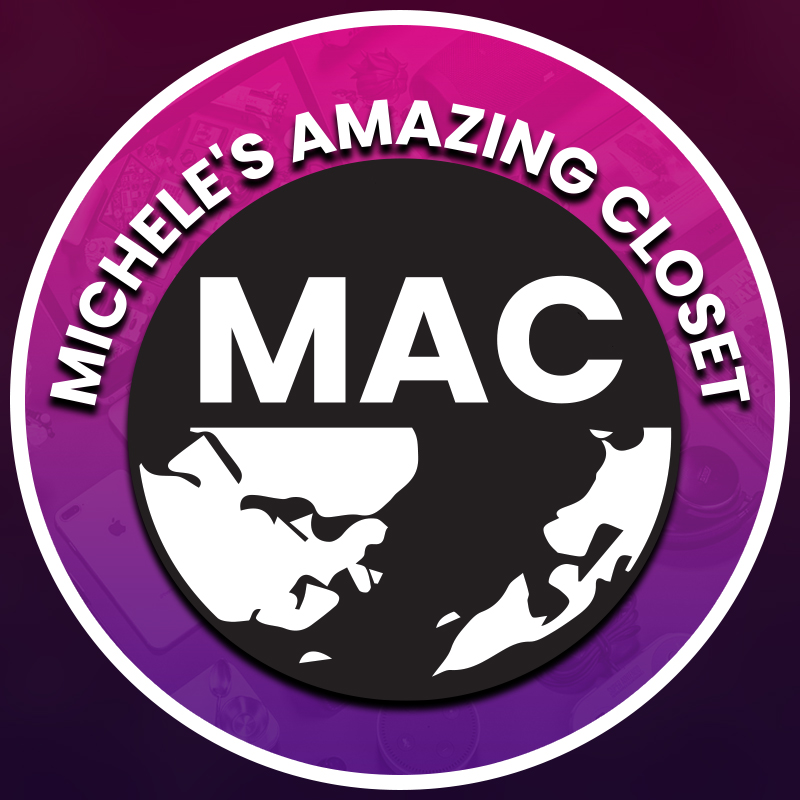Canary Speech, maker of speech analysis software, is partnering with Microsoft to apply the tech giant’s AI technology to expand its machine learning speech models for healthcare.
Canary offers vocal biomarker technology that captures and analyzes data to determine whether irregularities exist within an individual’s speech. The company touts its technology as being able to detect mood, stress and energy levels prior to clinical screenings and before symptoms are noticeable. It also says it can potentially enhance telemedicine and remote medical services.
Through the collaboration, Canary will be a Microsoft Cloud for Healthcare co-sell partner and employ Microsoft’s AI to accelerate speech analysis technology to reduce healthcare costs, address mental health challenges and scale remote patient monitoring solutions.
The company will also utilize Microsoft Azure to expand its machine learning speech models to new customers, and Canary’s API platform has been integrated into Microsoft Teams.
“AI is helping to empower healthcare providers by automating tasks, transforming unstructured forms of data into structured formats, gleaning patient insights, and supporting clinicians in delivering personalized patient care,” Dr. David Rhew, global chief medical officer and vice president of healthcare at Microsoft, said in a statement.
“Canary Speech is applying AI to enable voice to serve as a biometric, which could potentially aid in the screening and monitoring of medical conditions. We are pleased to work with Canary to help transform care through AI technology that can make a positive impact on the industry and patient outcomes.”
THE LARGER TREND
Microsoft has made waves in the healthcare industry with its AI technology.
Last year, the tech giant acquired Nuance Communications, which provides AI and speech recognition software, for around $16 billion. It also made significant investments in OpenAI, the maker of ChatGPT and its successor GPT-4.
OpenAI revealed the latest iteration, GPT-4, in March. That same month, Microsoft’s Nuance Communications announced a new clinical documentation tool, Dragon Ambient eXperience Express, that uses the latest version of OpenAI’s artificial intelligence language model, GPT-4.
DAX Express drafts clinical notes within seconds from conversations with patients conducted through telehealth or in person. The product builds off its DAX documentation product that launched in 2020.
Microsoft also utilizes AI for speech recognition in other projects, including via a coalition with tech giants Amazon, Meta, Apple, Google, and nonprofit partners.
In October, the partners announced a collaboration with the University of Illinois Urbana-Champaign to expand speech capabilities for those with disabilities via the Speech Accessibility Project, which would collect speech samples from individuals with diverse speech patterns to help train machine learning models to identify various speech patterns.

